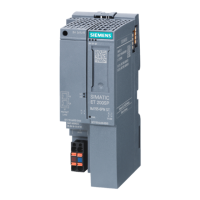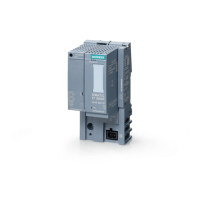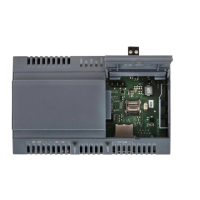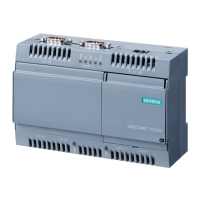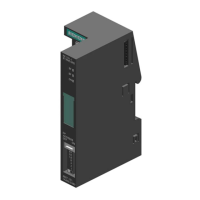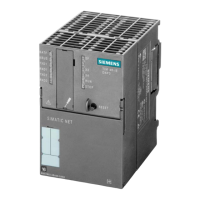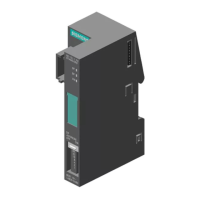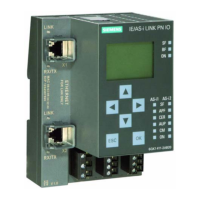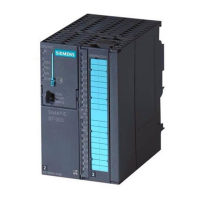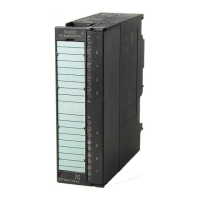Glossary
Glossary-2
ET 200S Interface Module IM 151/CPU
A5E00058783-01
Compress
The programming device online function “Compress” is used to align all valid
blocks contiguously in the RAM of the CPU at the start of the user memory. This
eliminates all gaps which arose when blocks were deleted or modified.
Consistent Data
Data that belongs together in terms of its content and should not separated is
known as consistent data.
For example, the values of analog modules must always be handled consistently.
In other words, the value of an analog module must not be corrupted by reading
it out at two different times.
Counter
Counters are part of the system memory of the CPU. The content of the
“counter cells” can by modified by
STEP 7
instructions (e.g. count up/down).
CPU
Central processing unit of the S7 programmable controller with a control unit and
arithmetic logic unit, memory, operating system and interface for a programming
device.
Cycle Time
The cycle time is the time taken by the CPU to scan the user program
once.
Data Block
Data blocks (DB) are data areas in the user program which contain user data.
Global data blocks can be accessed by all code blocks, whereas instance data
blocks are assigned to a specific FB call.
Device Database File
All the DP slave-specific properties are stored in a device database file (DDB
file). The format of the device database file is defined in EN 50170, Volume 2,
PROFIBUS.
